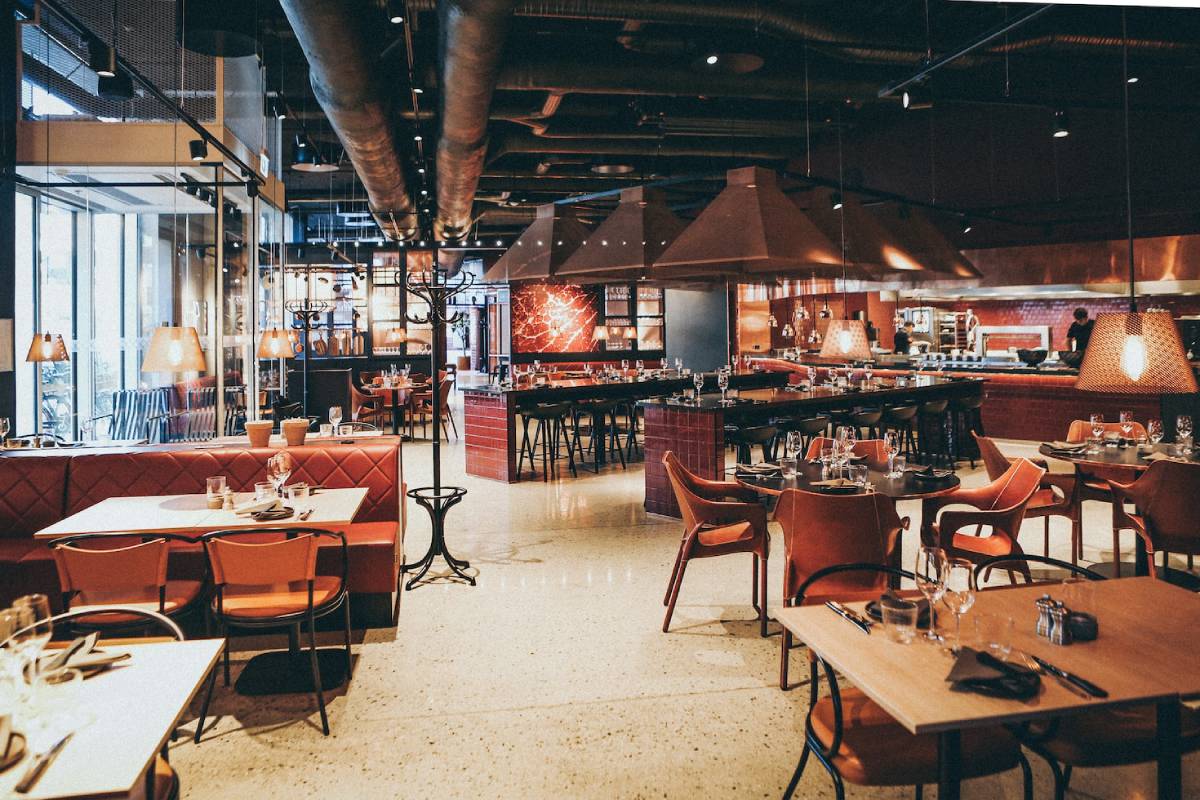Owning a restaurant can be an attractive and satisfying endeavor, but it’s significant to be aware of the lesser-known aspects that come with it. While you might have a passion for food and a vision for your eatery, certain hidden details can impact your success. In this article, you will understand five things you might not have known earlier about owning a restaurant by shedding light on the less glamorous yet crucial aspects of the business.
Accounting Cleaning Services: Behind the Scenes Cleanliness
When customers walk into your restaurant, they see the cozy seating, elegant decor, and a menu full of delectable dishes. But they don’t see the meticulous behind-the-scenes work that keeps the establishment sparkling clean. An apt cleaning routine is pivotal in maintaining a sanitary and inviting environment that contributes to a positive dining experience. While it might be tempting to delegate cleaning tasks to your waitstaff or kitchen crew, relying solely on them can compromise hygiene standards; therefore, restaurant owners often outsource this task to professionals.
The professionals in this field have a deep understanding of the specific cleaning requirements in a restaurant setting. They possess the necessary equipment and expertise to tackle various challenges, from grease buildup in the kitchen to ensuring spotless restrooms. When you outsource janitorial services in Calgary, or wherever you may be located, you’re not only ensuring a higher level of cleanliness but also freeing up your staff to focus on what they do best: delivering exceptional service and crafting culinary delights.
Menu Engineering: The Science of Pricing and Presentation
Crafting a menu is more than just listing dishes and prices; it’s an art that combines psychology, strategy, and culinary expertise. Menu engineering involves a careful analysis of customer preferences, pricing tactics, and the strategic placement of items. By understanding the science behind menu design, you can influence customers’ choices and enhance your restaurant’s profitability.
One fascinating technique is the use of ‘anchor’ items. These are slightly higher-priced dishes placed strategically on the menu to make the other dishes look comparatively less expensive. Moreover, the way you describe a dish can make all the difference. A well-crafted, enticing description of a signature dish can evoke curiosity and drive sales. Regularly evaluating your menu based on customer feedback and sales data allows you to decide which dishes to promote, modify, or retire.
Supplier Relationships: The Backbone of Consistency
Every dish that leaves your kitchen is a result of collaboration between your culinary team and your suppliers. Building strong and reliable relationships with your suppliers is a cornerstone of maintaining consistency in the quality of ingredients and products you use. It’s not just about obtaining the best price but finding partners who share your commitment to excellence. Nurturing these relationships goes beyond transactional exchanges. It involves communication, mutual respect, and a shared dedication to delivering top-tier experiences to your customers. Trusted suppliers can inform you about market trends, introduce you to innovative ingredients, and even provide exclusive products that set your restaurant apart. By cultivating a network of dependable suppliers, you ensure your kitchen remains well-stocked with fresh, high-quality ingredients.
Regulatory Navigation: Navigating the Legal Landscape
Behind the savory aromas and inviting ambiance of your restaurant lies a complex web of regulations and permits. Many new restaurant owners are surprised by the extent of legal requirements they must navigate. From health inspections to alcohol licenses, compliance is an absolute necessity. Rather than attempting to decipher these regulations on your own, consider enlisting a legal professional specializing in the restaurant industry. They can guide you through the maze of permits, licenses, and compliance checks, ensuring that you’re operating within the boundaries of the law. Taking a proactive approach to regulatory compliance protects you from hefty fines and potential closure and safeguards your restaurant’s reputation.
Work-Life Balance: The Challenge of Restaurateurs
Owning a restaurant demands relentless dedication. Many new owners underestimate the time and energy required to establish a successful restaurant chain. The restaurant business often blurs the lines between work and personal life, making finding a balance that preserves your well-being crucial. Long hours, weekends, and holidays can quickly become the norm in the restaurant world. To maintain your passion and prevent burnout, setting clear boundaries and delegating responsibilities is important. Trust your capable staff members to handle daily operations, allowing you to step away occasionally and recharge. Remember, a well-rested and enthusiastic restaurateur is more likely to lead their team effectively and make better choices while running their business.
Conclusion
In the world of restaurant ownership, success goes beyond culinary mastery and appealing aesthetics. This exploration of lesser-known aspects has revealed that maintaining spotless cleanliness, mastering the psychology of menu engineering, fostering solid supplier relationships, navigating legal intricacies, and striving for a healthy work-life balance are all crucial components. By understanding and embracing these hidden facets, aspiring restaurateurs can pave the way for a thriving and enduring culinary venture.














